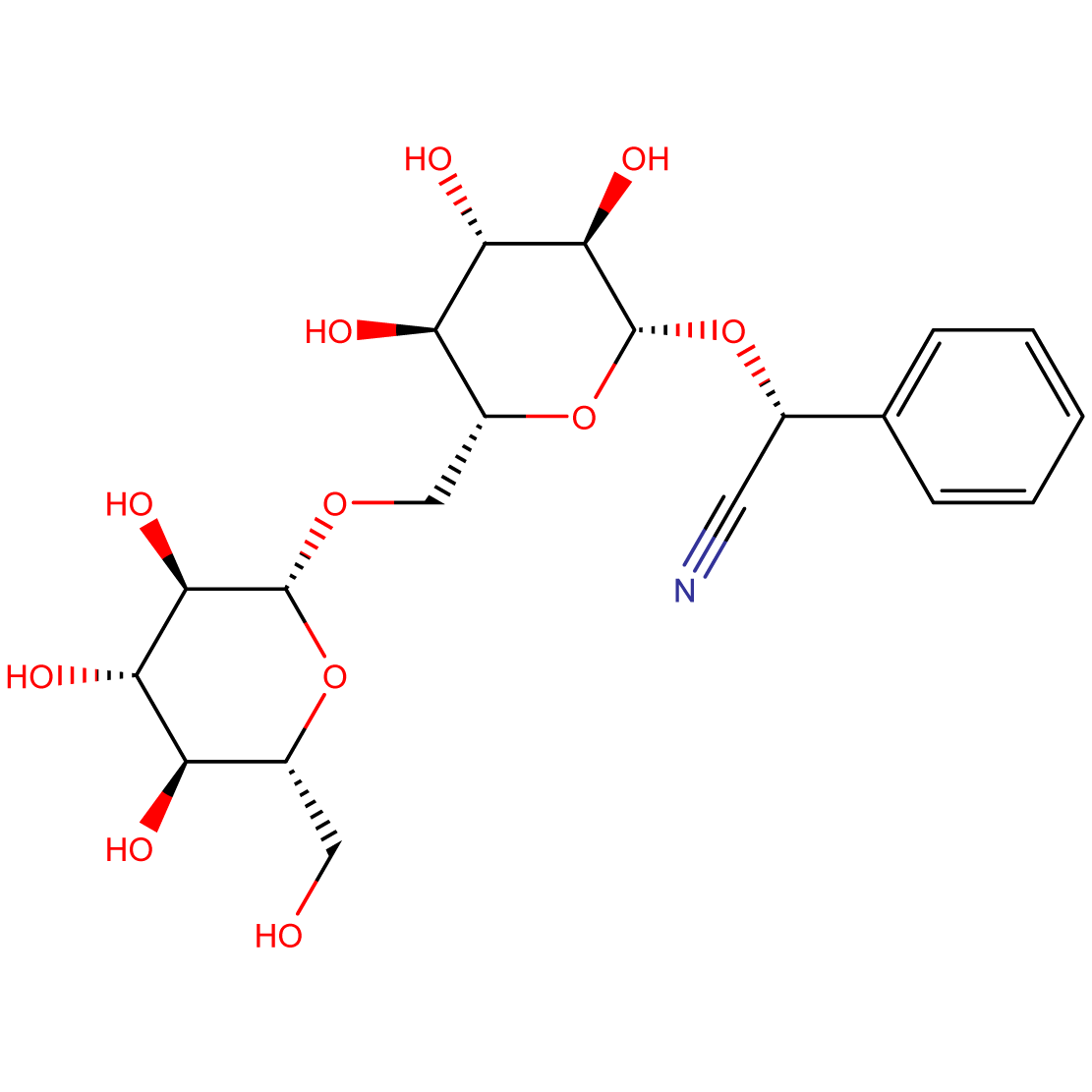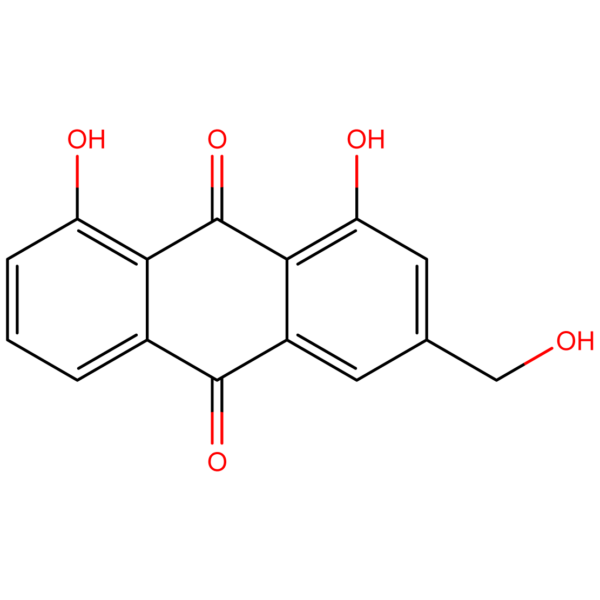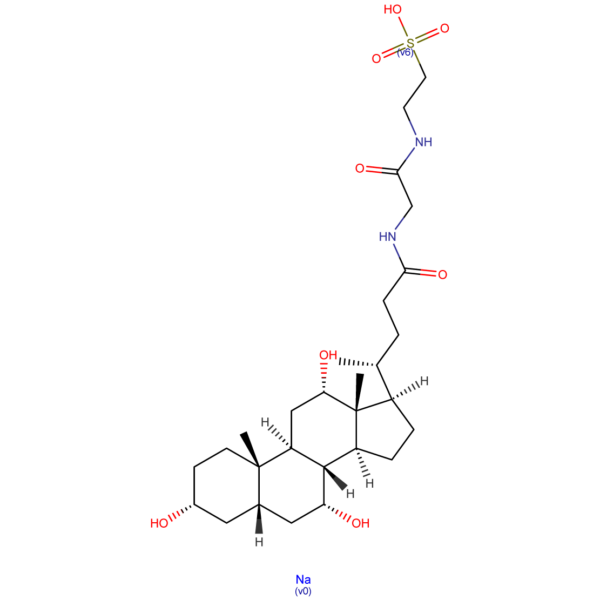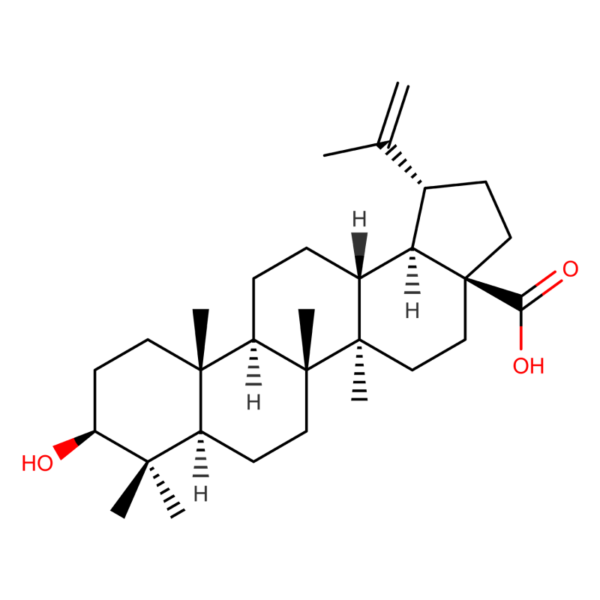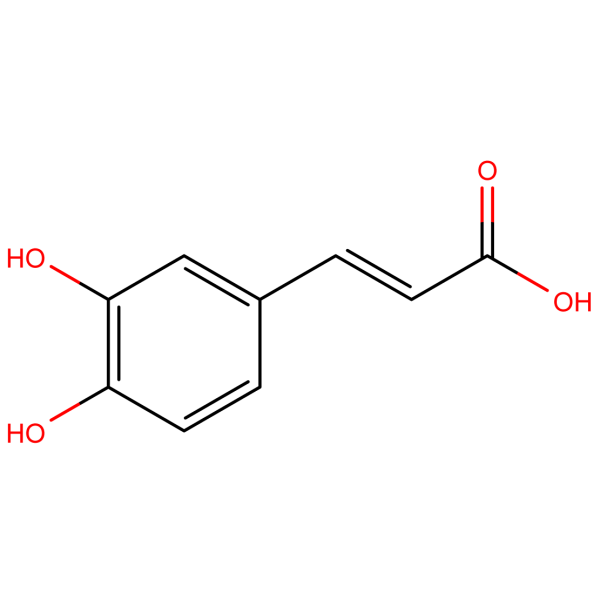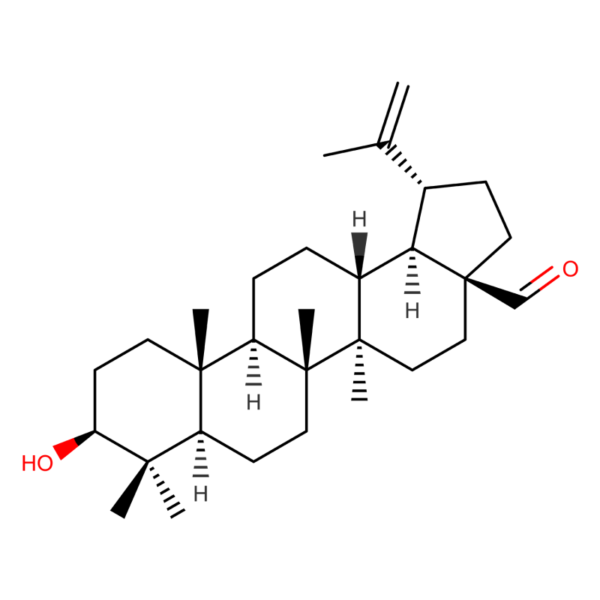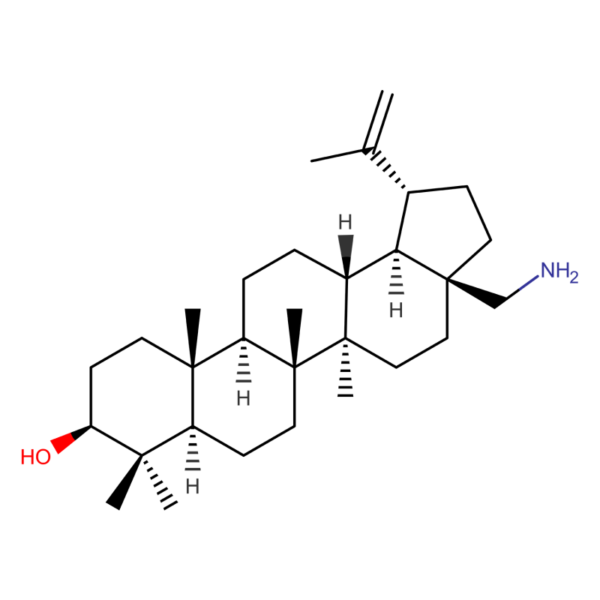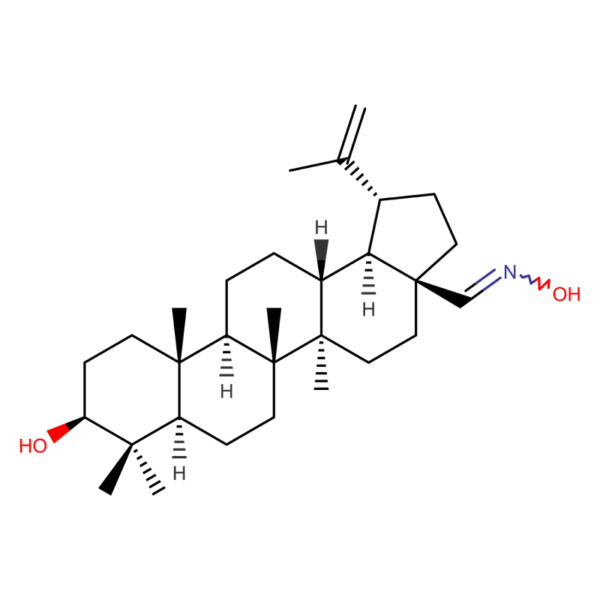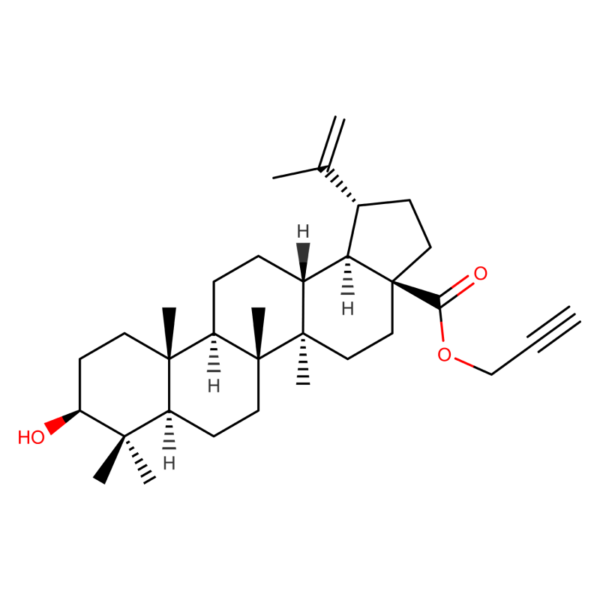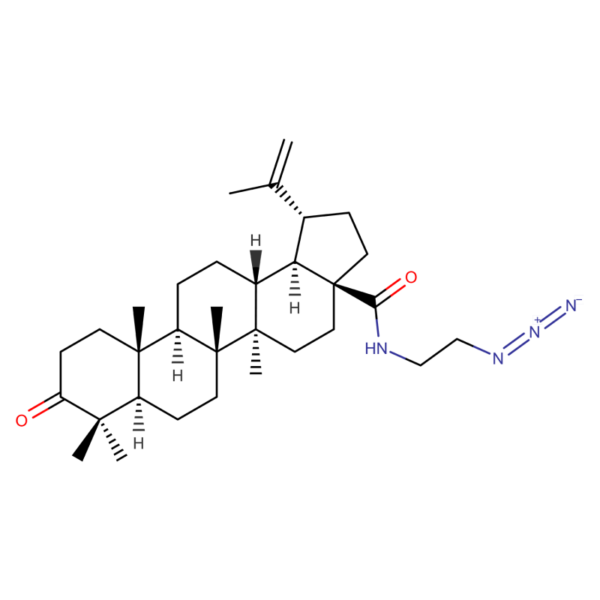Amygdalin: Exploring the Controversial Natural Compound
1. Molecular Identity
- Chemical Name: [(6-O-β-D-glucopyranosyl-β-D-glucopyranosyl)oxy](phenyl)acetonitrile
- CAS Number: 29883-15-6
- Source: Naturally occurring in the seeds of various fruits, particularly apricots, almonds, and other members of the Rosaceae family
2. Biochemical Significance
Amygdalin is a cyanogenic glycoside with a complex molecular structure. Its ability to release cyanide under certain conditions has made it a subject of both interest and controversy in biomedical research and alternative medicine.
3. Key Properties
- Cyanide Precursor: Can release cyanide when metabolized
- Antioxidant: Exhibits some free radical scavenging activity
- Immunomodulatory: Shows potential effects on immune system function
- Controversial Anticancer Claims: Subject of ongoing debate and research
4. Potential Research Applications
- Biochemical studies on cyanide release mechanisms
- Antioxidant research in controlled settings
- Immunological investigations
- Cancer biology studies (under strict ethical guidelines)
5. Current Research Focus
Ongoing studies are investigating Amygdalin’s effects on:
- Cellular metabolism and toxicity mechanisms
- Antioxidant pathways in various biological systems
- Immune system modulation
- Cancer cell behavior (in vitro studies)
6. Formulation Challenges and Considerations
Researchers working with Amygdalin must consider:
- Strict safety protocols due to potential cyanide release
- Controlled environmental conditions for stability
- Precise analytical methods for quantification
7. Regulatory and Safety Considerations
Amygdalin is not approved for use as a drug or dietary supplement in many countries due to safety concerns. Its use is strictly limited to controlled research settings and requires adherence to rigorous safety protocols.
8. Future Research Directions
The scientific community anticipates:
- Further elucidation of Amygdalin’s biochemical pathways
- Exploration of potential beneficial compounds derived from Amygdalin
- Continued investigation of its controversial properties under strict scientific scrutiny
9. Collaborative Opportunities
We invite researchers and academic institutions to explore the biochemical properties of Amygdalin in controlled laboratory settings. For inquiries about research-grade Amygdalin or to discuss potential collaborations, please contact us at sales@nstchemicals.com.
Join us in advancing the scientific understanding of Amygdalin – a compound that continues to challenge and intrigue the biochemical research community.

